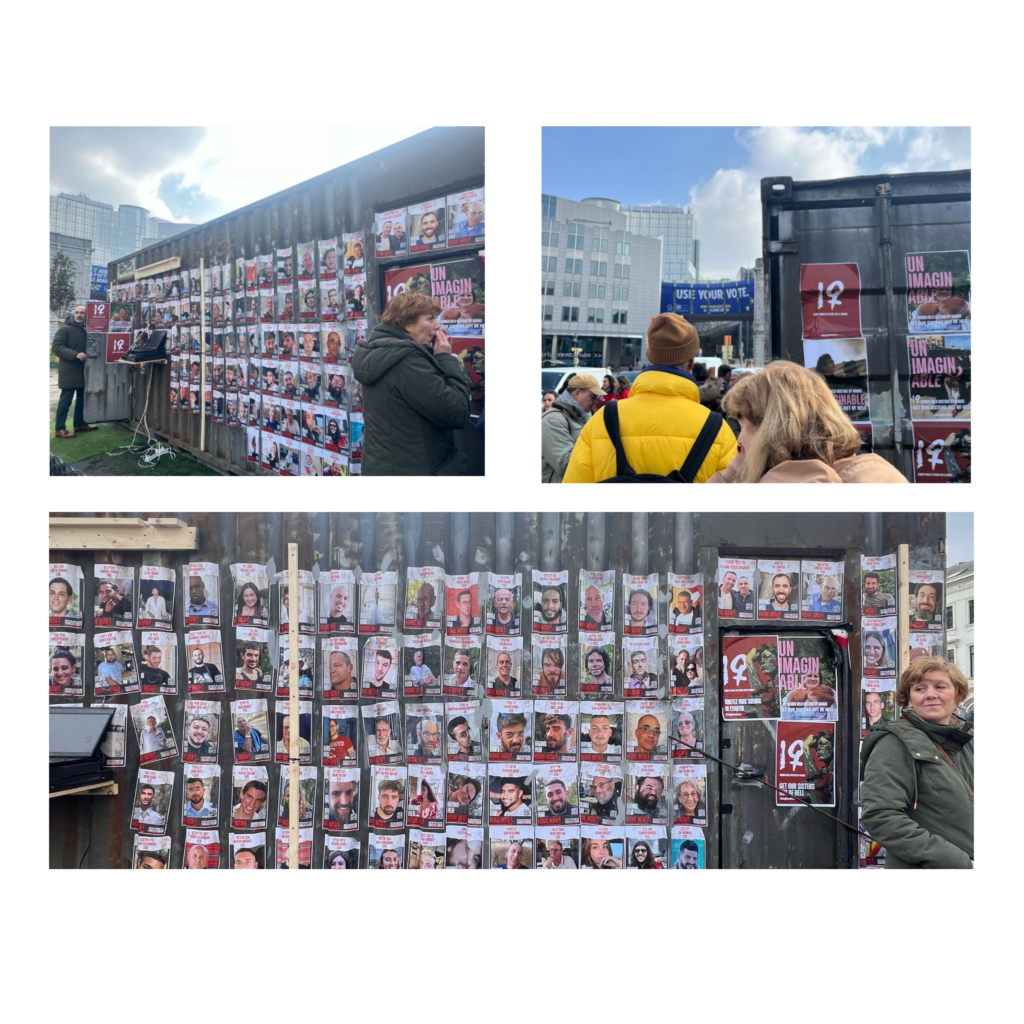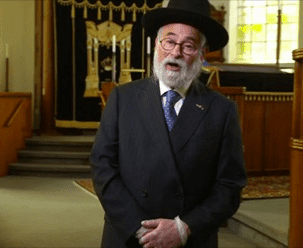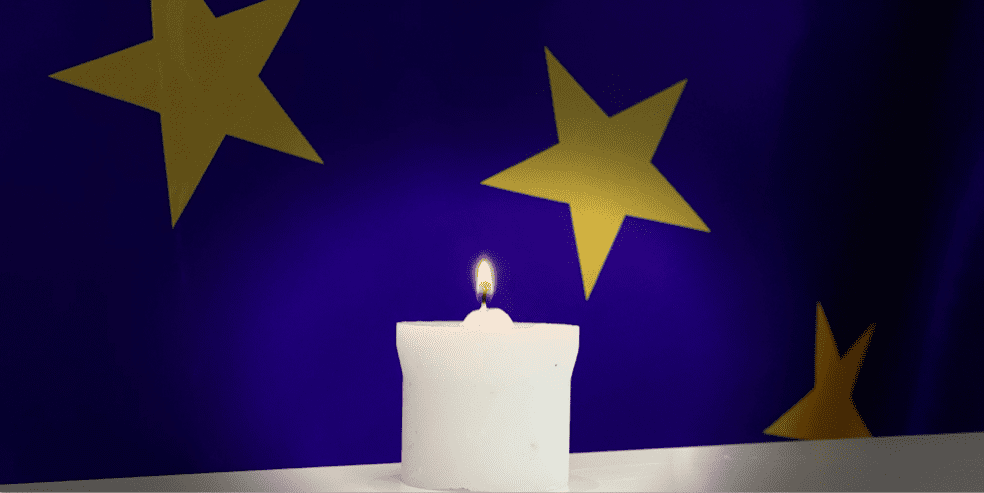Secretary of State for Education of the United Kingdom Nadhim Zahawi said last week that he believes every school pupil in Britain should travel to see the Auschwitz death camp.
Zahawi told the Jewish Chronicle that “we have to make sure young minds actually see this place, experience this place, and understand what took place here, and for them to pledge ‘never again’ for future generations.” He added that a visit will aid future generations “understand how important is our fight against antisemitism.”
Zahawi had recently returned from a tour of the Auschwitz Memorial in Oswiecim, Poland. The tour, organized by the EJA (European Jewish Association), which hosted a two-day conference to commemorate the 83rd anniversary of Kristallnacht.
Auschwitz was one of the most infamous of the death camps in Nazi-ruled Europe where 1.1 million victims ultimately perished.
Zahawi said he felt that the atrocities committed within the 400-acre compound housing many gas chambers and crematoria, are a good launching point for Holocaust education. “The scale is unimaginable. No film reel, no newsreel can really describe what this place is like, and how systematic and haunting it is that human beings, 7,000 of them, came to work here – to murder innocent souls – day in, day out.”
“It’s the only way,” concluded Zahawi.
Earlier this month, 2,000 British residents were surveyed on their knowledge of the Holocaust. Findings showed that 52% did not know how many Jews perished in the Holocaust (roughly 6 million), while 22% couldn’t name a single concentration camp.
The EJA’s Chairman, Rabbi Menachem Margolin, declared that “Europe is fighting antisemitism, but isn’t winning yet,” calling Holocaust education “a vaccine to the oldest, most virulent virus in Europe”.
https://www.jpost.com/diaspora/i-want-every-student-to-see-auschwitz-uk-education-minister-685096













